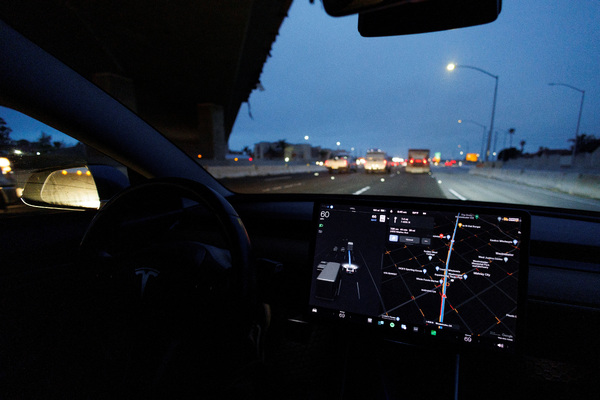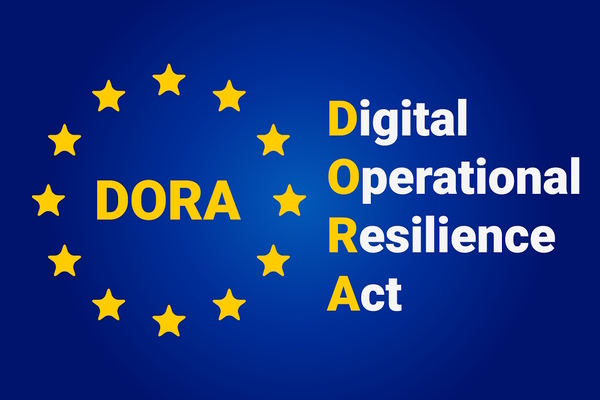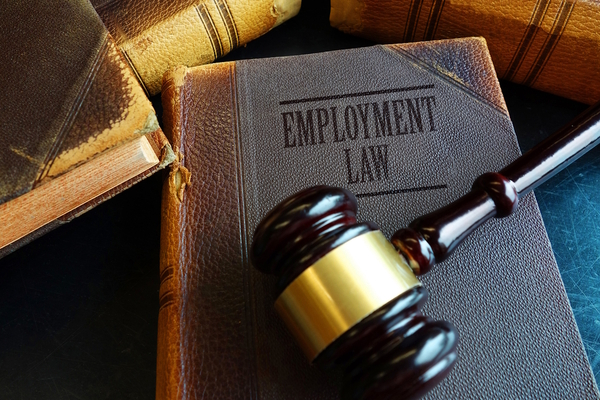American View: Why Do Your Workers Seem Numb? It Might Not Be Anything You Did

The top story in my news feed this Sunday was the attempted assassination of former U.S. president Donald Trump and the predictable flood of disinformation that followed close behind it. The surge of conspiracy theories, activated cognitive biases, and wild speculation blew up my phone, as I’m sure it did most everyone else’s through the weekend. Still, I couldn’t muster much outrage or despair over the botched shooting or the inexorable tide of copycat crimes that are sure to follow this summer. Under normal circumstances, I reckon I’d be emotionally engaged by the story and its dark ramifications. Saturday night, though, I couldn’t muster the energy.
Why? Because my only aunt died on Saturday morning at half-midnight. By the time the shooting happened, I was spent.
My aunt’s passing didn’t come as a surprise. If anything, we’d been expecting it for some time. Aunt Mary had suffered from Multiple Sclerosis for most of her adult life. I hadn’t seen her in person in decades as her poor health and inability to work made it difficult for her to travel. We occasionally talked on the phone but mostly kept up via social media. Still, Mary largely kept herself to herself. I only found out that she’d been diagnosed with kidney failure at the beginning of summer … and I didn’t learn it from her.
Still, after the news broke I got involved – mostly by group texts – in recommending that Mary go through with the dialysis routine that her doctors had recommended. I was hoping to hear good news after a few sessions as her quality of life improved. I didn’t hear a thing. Instead, in a surprise group text from my mother on 1st July, I learned that Mary had decided to discontinue her dialysis program after only a few sessions. From the text:
“I have some sad news to share. Mary has decided to stop her twice-weekly dialysis sessions as of this morning. A month ago, she was told that her kidney failure had reached a point at which she would not survive without that intervention. Mary … told us that she wanted ‘to direct a natural death,’ and so, she chose to begin hospice rather than palliative care.”

My sister Kate flew from Washington state to Michigan on 3rd July to be present for Mary’s passing. Kate’s a teacher and it’s summer break in the American school system, so she had the most flexibility of all us adults to drop everything and spend open ended time on the other side of the country. Other relatives cycled in and out; Kate stayed until after Mary lost consciousness for the final time. Kate soldiered on day after day, leaving Mary’s bedside only for short naps and quick meals. Absolute hero, full stop.
Everyone seemed to be sure how long the vigil would last. Mary’s primary care nurses predicted Mary could only survive 6 to 10 days max after her last dialysis session which happened on 28th June, making 8th July at the latest Mary could survive. On 1st July, Mary’s hospice nurses grimly predicted Mary would only make it 2-4 days due to her symptoms, assuming 5th July at the latest. Mary surprised everyone by hanging on until the 13th. She always was a character.
During that gruelling period, Kate and I were in near constant communication, sunup to sundown. Kate would pass along updates and stories while I tried to provide moral support. I did my best to respond to Kate as quickly as I could after each update, work permitting. That was seldom easy. Some days I’d be teaching four courses in a row and barely had time to read my texts, let alone respond to them in a timely manner.
This entire two-week vigil – from first to last notification – was indescribably stressful for everyone. It was made worse for my side of the family since Mary’s decision to discontinue dialysis started almost immediately after the one-year anniversary of my father’s passing. Nerves were already raw for our extended family; Mary’s decision came like salt sprinkled in an open wound. Not that it was deliberate; the timing just sucked.
I share all this to illustrate that life never slows down. Most of the family members attending to Mary’s ending have jobs and families. They’re juggling priorities that don’t pause when the breadwinner is distracted. All of us were still expected to meet deadlines, attend meetings, act “professional,” and pretend like nothing was amiss. I imagine it’s comparable to the “stiff upper lip” attitude ascribed to the British in pop culture. Keep calm, etc. I assume that’s an accurate cultural virtue since it’s a recurring trope in y’all’s exported TV dramas. Or maybe it’s just what y’all want us to think ...

Anyway, we all did our best to emulate a good British protagonist and get on with things. Of course, the imperative to cruise through the days in “stealth mode” took its inevitable toll. Stress accumulated. Fatigue increased. Tempers shortened. All normal side effects of trying to quietly manage a crisis out of view of your co-workers, neighbours, et al.
I’m pretty sure that’s why I couldn’t react to the “breaking” news of another gun violence story Saturday evening (even if it did involve a presidential candidate). Sure, intellectually, I realized that this event is going to act as a catalyst in the already-caustic right-versus-left battle for the future of democracy in America. Emotionally, though, my tank was dry. I was running on too much coffee and not enough sleep to have a reserve.
I share all this solely to remind you that your teammates are processing their own drama and stressors day in and day out. No matter how collected and unbothered they might pretend to be, they’re likely exhausted, numbed, and drained. Maybe they’ve told you some of what’s happening. Most likely, they’ve been in “stealth mode” just like Kate and I were for the last two weeks, trying to quietly deal with our family troubles without dragging others into our mess.
It’s something I feel every supervisor mush consider; it’s a motivational impediment to factor in your “world class human resources approach” (or whatever branded euphemism you call basic leadership). Every worker’s internal world is far larger than what’s going on around them in the cubicle farm, and we don’t leave our problems in the car park. There’s no mystical severance between home life and work life. The accumulated chronic stress from one environment carries over into the other (and vice versa) and their effect multiplies rather than cancels each other out. This is just how life works.[1]
As for what you should do about it, I argue that the best strategy is to be approachable. Be the sort of leader that your people will confide in so you can be aware of their active distractors. Then demonstrate basic human compassion … even if compassion is an archaic virtue from a more civilized age, it’s still the best form of support you can offer. Remember that everyone’s always going through something that they’re probably not sharing and compensate accordingly. It’s the right thing to do.
That’s what my Aunt Mary believed, anyway. I figure she’d want y’all to know that.
[1] “Misery is the tax we pay nature for having the audacity to keep hoping,” Robert Anton Wilson, book 2 of the Historical Illumanatus trilogy.

Keil Hubert
You may also like
Most Viewed
23-29 Hendon Lane, London, N3 1RT
23-29 Hendon Lane, London, N3 1RT
020 8349 4363
© 2024, Lyonsdown Limited. Business Reporter® is a registered trademark of Lyonsdown Ltd. VAT registration number: 830519543





